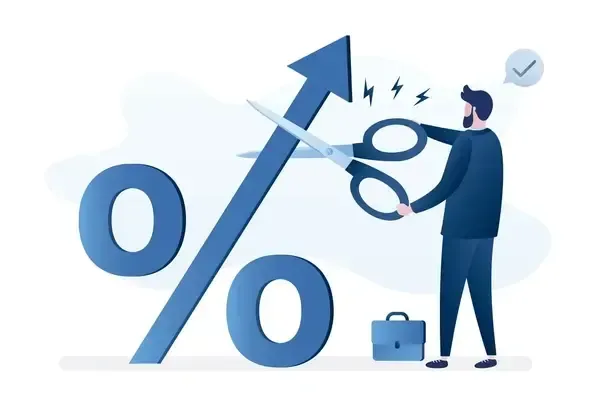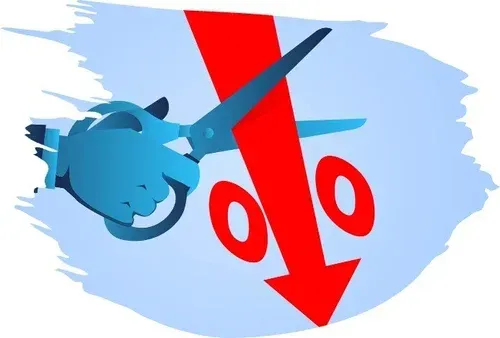What You Should Consider When Purchasing a Second Property
Purchasing a second property is a large financial investment and should be thought through carefully. While owning a second piece of property to call your own can act as a reliable source of income over the long term, it also comes with certain risks. Here are a few things you should consider when purchasing a second property.
Purchase an investment property
Investment property is a wonderful way to make a profit. Whether you are choosing to flip the property and sell it for a higher price, rent it out, or hold it until its value increases, at one point or another you will see a return on your investment.
And while investment properties can be an excellent source of income, there are also a few risks involved. Before deciding on a property, you should consider the area it is in – is it easily accessible if you need to get there quickly? Have you reached out to a Nest Mortgage Professional to complete a cashflow analysis? Does the property require any renovations, and if so, how long will it take and how much will it cost?
An investment property can help supplement other areas of your life but depending on the type of investment property you have; it can come with added responsibilities. For example, if you choose to invest in a rental property, you will be the landlord to your renters. This means you are the first point of contact and source of income if anything goes wrong with the property. Your rental property should be treated as a business, so ensure you have a good accountant who can help you through the process and find renters you can trust with your home. If you don’t want to manage the property yourself, consider property manager services, such as MLA Complete, who can help you.
Purchase a vacation home
Investing in a vacation home might be right for you if you are looking for an escape from everyday life or thinking about retiring somewhere relaxing.
Vacation homes are a luxury, so finding one that suits your future needs is essential. Try narrowing down your search to properties that fit within your means and are close enough to home so that you can get there in a timely manner and do not spend unnecessarily on transportation.
Whether you are living there or not, your vacation home will cost you money. To help support some of the added costs such as property taxes, maintenance, and mortgage payments; try renting it out for short periods of time that you do not plan on spending there. If your property allows it, consider short- and long-term rentals through VRBO or Airbnb. Are you unsure if your mortgage providers support nightly rental zoning? These are all things to consider and discuss with Nest.
Secure funding
As a second time homebuyer, you have more options to secure funding for your second home. Unlike first-time homebuyers, you have the option to tap into your home equity to help pay for your new home. This may make it easier to secure the shortfall, or new mortgage, depending on how much equity you have.
Another option would be to secure a tax-efficient mortgage on your second home (i.e.. Home equity line of credit). The advantages include mortgage interest tax deductions, readvanceable credit, and lowest interest only payments.
If you are unsure if a second property is an option and what financial considerations are available, contact one of our experienced mortgage professionals today.










